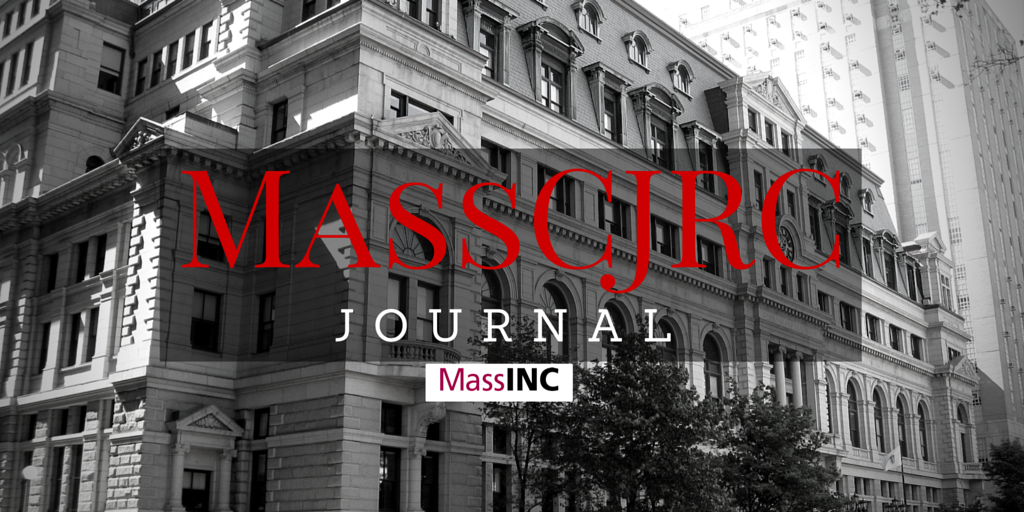 justice leaders across the country have been asking this same question with increasing urgency. In 2013, a study group convened by the National Institute for Justice published a series of technical reports outlining the deep research base that suggests states should make dramatic changes to the way they serve young adult offenders. Earlier this year, criminal justice leaders assembled by the Kennedy School issued a similar set of recommendations.
justice leaders across the country have been asking this same question with increasing urgency. In 2013, a study group convened by the National Institute for Justice published a series of technical reports outlining the deep research base that suggests states should make dramatic changes to the way they serve young adult offenders. Earlier this year, criminal justice leaders assembled by the Kennedy School issued a similar set of recommendations.Massachusetts has played a leading role demonstrating the power of developmentally appropriate responses to juvenile crime. As a result, juveniles are spending less time in secure facilities and committing fewer crimes. The time has come to take lessons-learned in the juvenile system and apply them to improve the way Massachusetts serves justice-involved young adults.
Connecticut Governor Dannel Malloy calls for keeping youth up to age 21 in the juvenile court.
Dallas County District Attorney Susan Hawk will take a Restorative Justice approach with young adult offenders, calling it the “future of criminal justice.”
Mayor Greg Fischer unveils a $200,000 city initiative in Louisville to provide young adult offenders with jobs and the opportunity to finish school.
In the Media
Attorney General Loretta Lynch offers opening remarks at an Office of Justice Programs forum on young adult offenders.
Writing for the New York Times opinion page, Vinny Shiraldi says the juvenile court’s jurisdiction should extend to age 21. Earlier this fall, Shiraldi and Bruce Western penned an op-ed in the Washington Post with a similar message.
Boston Magazine looks at efforts in Massachusetts to help youth seal their criminal records.
The Marshall Project travels to Germany to look at how justice-involved young adults are rehabilitated in Europe.
NPR’s Morning Edition asks whether young adults should be treated more like juveniles.
The Economist blogs about “why it makes sense to raise the age of juvenile courts,” citing a recent paper by Vincent Shiraldi, Bruce Western and Kendra Bradner of the Harvard Kennedy school.
From the Researchers
The Council of State Governments Justice Center publishes a brief on reducing recidivism for young adults in the criminal justice system.
The Kennedy School of Government‘s Executive Session on Community Correction issues a report with recommendations for policymakers on community-based responses to justice-involved young adults.
